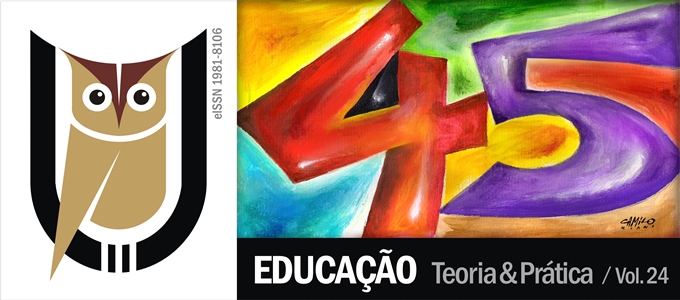Race relations and gender: school physical education from the perspective of the alchemy of social categories
DOI:
https://doi.org/10.18675/1981-8106.vol24.n45.p57-75Keywords:
Physical Education. Education Policy. Gender Relations. Race Relations.Abstract
The article presents arguments for a discussion of a research conducted in Public School, showing the identities produced and developed by the rich mix of specific social categories within the PE lessons. In these, as in other school situations, hierarchical differences are intrinsically related to race riots and how teachers deal usually unevenly, with students. The ways the teachers separate or mixed girls and boys and how to systematize and choose themes and contents reveal the importance of the debate either of heteronormativity as the exaltation of a particular race ethnicity over others. So, to think, as a backdrop, the ardent worship of heterosexual privilege and denial of blackness, the text proposes reflections addressing race as well as gender categories that are intrinsically linked and become emerging educational policies and the pedagogical practices from overlapping beam social categories .Downloads
Additional Files
Published
How to Cite
Issue
Section
License
Authors who publish in this journal agree to the following terms:
a) Authors assign copyright to the journal, with the work simultaneously licensed under the Creative Commons Attribution License that allows sharing of the work with acknowledgment of authorship and publication in this journal.
b) The policy adopted by the Editorial Committee is to assign copyright only after a period of 30 months from the date of publication of the article. After this time, authors interested in publishing the same text in another work must send a letter to the Editorial Committee requesting the release of the assignment of copyright and wait for a response.
c) This journal provides public access to all its content, since this allows greater visibility and reach of published articles and reviews. For more information on this approach, visit the Public Knowledge Project, a project that developed this system to improve the academic and public quality of research, by distributing OJS as well as other software to support the public access publication system to academic sources. The names and email addresses on this website will be used exclusively for the purposes of the journal and will not be available for other purposes. This journal provides open any other party  This work is licensed under a Creative Commons License
This work is licensed under a Creative Commons License











